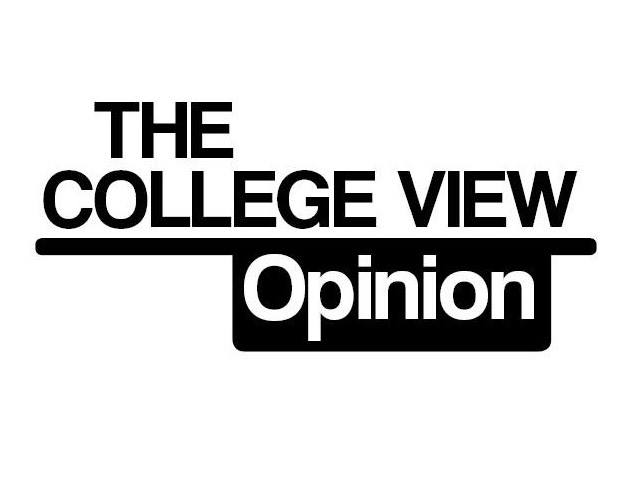
On July 5th, 1979, the seventh amendment to the Constitution permitted the alteration of university representation in the Senate and provided for the election of members by ‘universities and other institutions of higher education’. This was passed by 92.4 per cent of the general electorate and was an acknowledgment that the nature of Irish higher education was changing and that its Senate representation should change as well. No law was ever enacted under the provision of this amendment to so alter university representation. Nothing happened.
Over a decade ago I presented DCU’s case for an extension of the university franchise to our graduates to the all-party Seanad Éireann sub-committee on Seanad reform. This committee was charged with providing recommendations to the then government in relation to the composition and franchise for election to Seanad Éireann. The committee’s report on Seanad reform was issued in April 2004, and recommended the extension of the franchise for University graduates as part of a much wider package, thus paving the way at last for DCU graduates to vote in Seanad elections. Nothing happened.
One of the main planks of the Yes campaign is that the Seanad cannot be reformed and so must thus be abolished. Yet successive governments, not the Seanad itself, could simply have implemented either of the reforms mentioned above. They simply couldn’t be bothered.
Now, however, in the midst of an economic crisis that seems never ending, the government has foisted this amendment on the people encouraging us to abolish the Seanad so that we can save €20 million and have fewer politicians. The “Save €20 million” claim is clearly not correct with the former Clerk of the Dáil, Kieran Coughlan telling the Public Accounts Committee that the actual direct saving would be less than €10 million because the State would still bear many indirect costs attributable to the Seanad. The Finance Officer of the Oireachtas informed the Referendum Commission that it is simply not possible to estimate the net savings that would arise if the Seanad is abolished. This referendum is costing us €14 million right now. Absolutely nothing will be ‘saved’ in 2013, 2014 and 2015 if we vote Yes. The Seanad will be kept for the duration of the “austerity period”.
As for politicians; what the Irish state needs is better politicians. At the last election Fine Gael said they would cut the number of TDs by 20 but now say this is impossible because it would be unconstitutional. Yet they have no problem taking the proverbial axe to the Constitution with this Seanad abolition stunt.
I happen to agree with a lot of what the current government is doing in relation to political reform. I was on the committee that decided on the local electoral area boundaries for the local elections in 2014 and I have acted as an adviser (unpaid) to the government’s proposal on lobbying regulation. I cannot, however, support this proposal to abolish the Seanad.
Instead of this crude reductionism we could have a reformed Seanad if only the government had the nerve to implement real political reform. Such a Seanad could have been achieved without the need for another costly referendum.
Those of us advocating a No vote have fought a positive campaign and have shown that such a No vote in the Seanad will strengthen democracy in Ireland and give huge impetus to the cause of real political reform. It will provide a second chamber with more independent, expert voices and more oversight. We have shown that a No vote will not only prevent a Government with a huge majority obtaining more power, it will actually give power back to the people and make our politics more accountable and transparent. We have shown how a No vote will deliver a new style of second chamber where every Irish person has a vote, including people in Northern Ireland and our emigrant community.
In that context a no vote is the real vote for reform in this referendum.
To read Dr Eoin O’Malley’s case for a YES vote, click here.
Professor Gary Murphy is Head of the School of Law and Government and a member of Democracy Matters, the civic society group advocating a no vote in the Seanad abolition referendum.



Leave a Reply